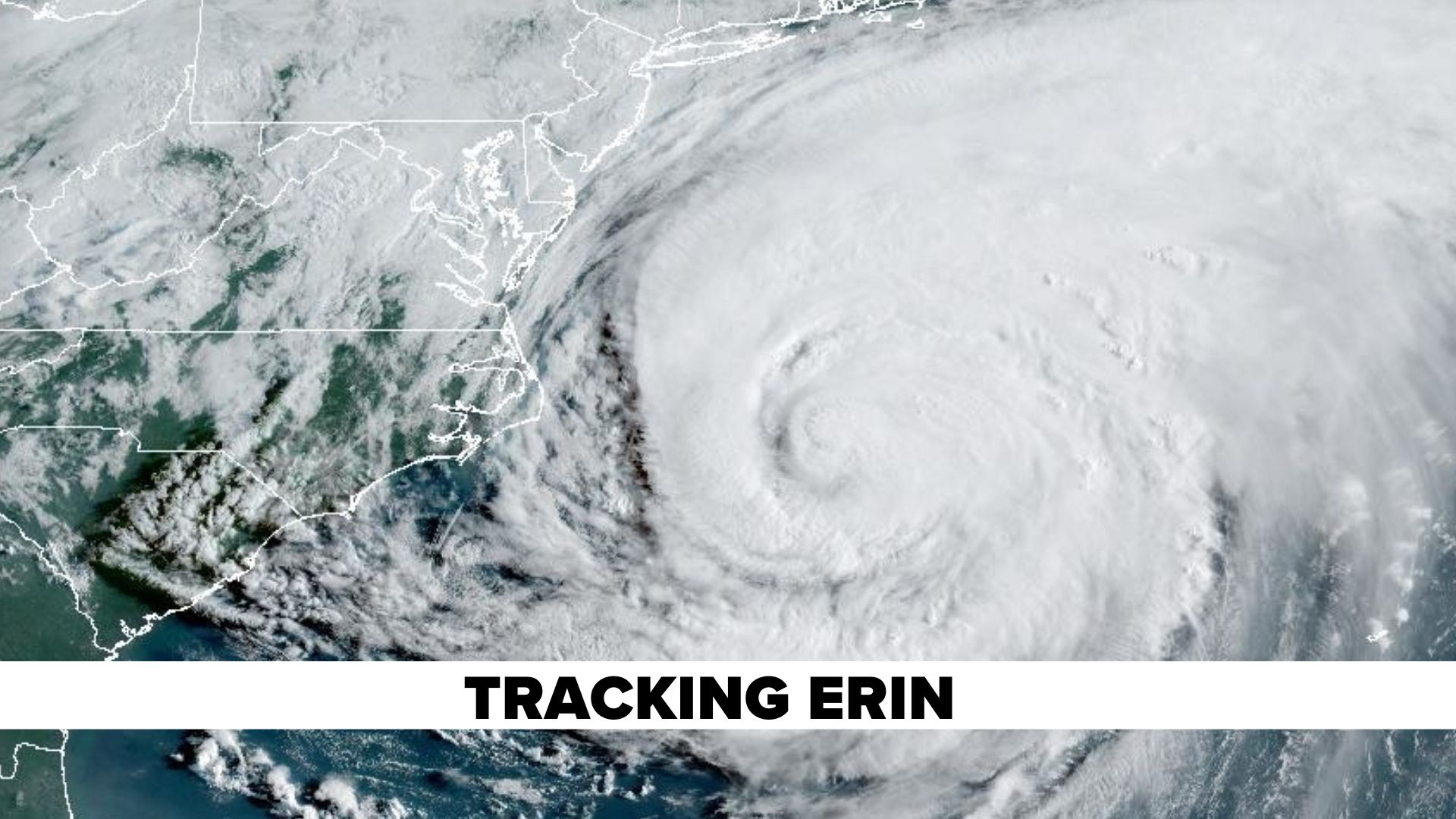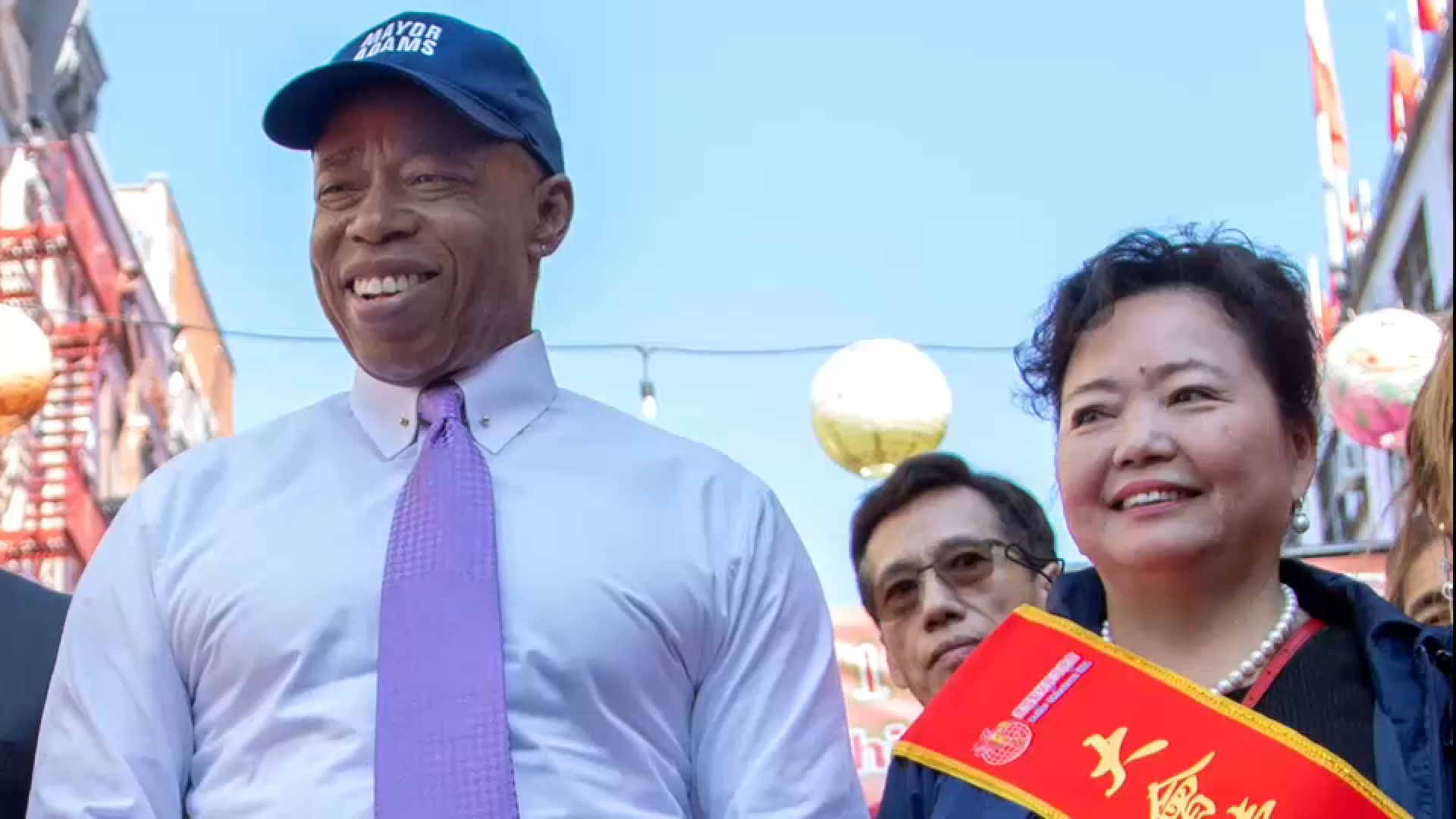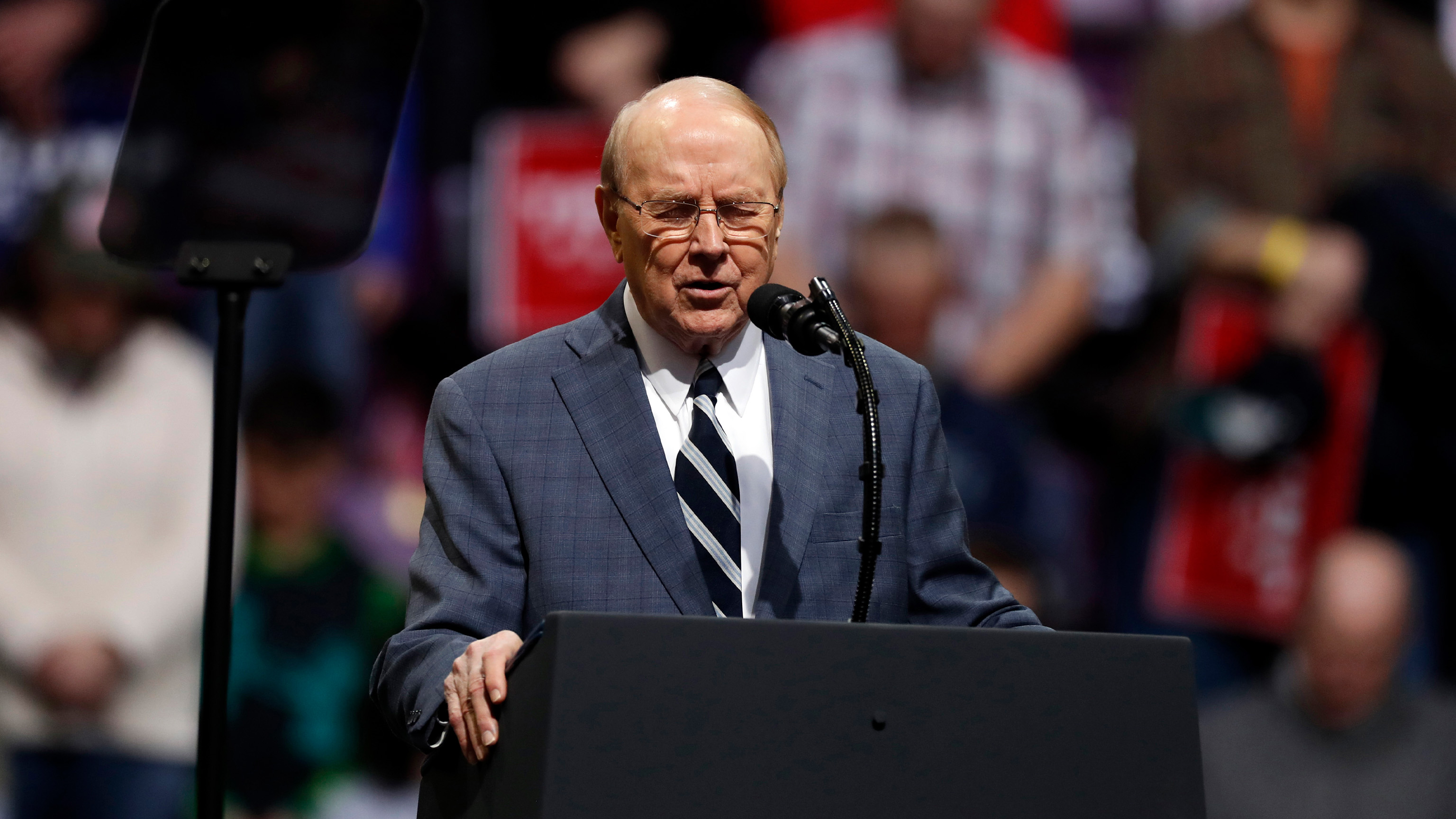'Highballed': How low income, communities of color are overtaxed in New York City

NEW YORK (WABC) -- Kareem Hamilton was at risk of losing his family's American dream: the home his mother left him in East Flatbush, Brooklyn, one she worked her entire life to buy and pay off.
"My priority is just maintaining a roof over my head for kids," said Hamilton. "I want to leave it to my kids and grandkids."
But after losing his job, he fell behind on paying his yearly property taxes. He fell thousands of dollars behind.
"It's difficult," said Hamilton. "Sometimes if the month is good and we have extra money it'll be good, but for the most part its really hard."
He's charged more each year in taxes than some families in similar homes.
His yearly taxes are $7,800 a year. But just a few miles west, 7 On Your Side Investigates found a similar-sized home close to the water that's paying about $4,000 a year. That's more than $3,000 less than Hamilton -- even though the other home is worth twice as much.
"Shocking, it's shocking and I think something needs to be done yesterday, regarding this," said Hamilton.
RELATED | 'Highballed': How disproportionate property taxes are forcing some out of their homes
He's not alone. ABC Owned Television stations teamed up with ABC News and found it's an issue affecting families across the Tri-State and across the country.
"New York City has the most confusing and unfair property tax system in the country," said Iziah Thompson, a senior policy analyst with the Community Service Society of New York.
Thompson co-authored a report published this year titled "Footing the Bill" that found the way homes in New York City are assessed negatively impacts communities of color.
"There are huge inconsistencies," said Thompson. "This system that we have here that's reaching its 50th anniversary and for all that time it has been very complicated and has really not been fairly applied to all housing types and to all people."
The city collects property taxes based on a series of laws that were passed nearly five decades ago.
"Our focus is on making taxes fairer," said Finance Commissioner Preston Niblack. "That inequity has often been decried and one where we've had proposal to talk to Albany about to fix."
How the taxes are calculated is complicated. Different properties in the city are valued using different methods.
If you live in an area that's undergoing rapid growth and gentrification, there's a cap on how much you're taxed, so you're not paying big increases at once. If you're living in an area with fewer home sales and development, like Kareem Hamilton, there is no cap on how much you're taxed.
Plus, there's another issue.
"We have no broad-based tax relief for low and moderate income homeowners, that's very common throughout the rest of the country," said Niblack. "I think it goes back to when the bill was first passed 40 years ago and I think we recognize today we really need that."
When homeowners don't pay their taxes, they can be placed on the city's Tax Lien Sale list. That's where foreclosure comes in and people can lose their homes. It almost happened to Hamilton.
"It's a little scary because you don't know if you'll lose your home or not," said Hamilton.
Our ABC News Data team analyzed thousands of homes of the lien sale list in 2019 and 2021, the two most recent years where the data is publicly available. It showed at least 76% of those on the list live in minority neighborhoods.
"You see why we're on the list because we're being charged more, and we don't even make as much," said Hamilton.
"Our goal is to avoid foreclosure whenever possible," said Niblack. "This past year we worked with City Council to draft and pass a bill that will give us a lot more tools to help people resolve their debt and give them more time and assistance."
The city made two improvements to the lien sale this year. They created a program making it easier for homeowners to request to be removed from the list and they implemented new payment plan options.
It's what Hamilton ended up doing to get off the list.
"It's difficult, but it's getting by," said Hamilton.







